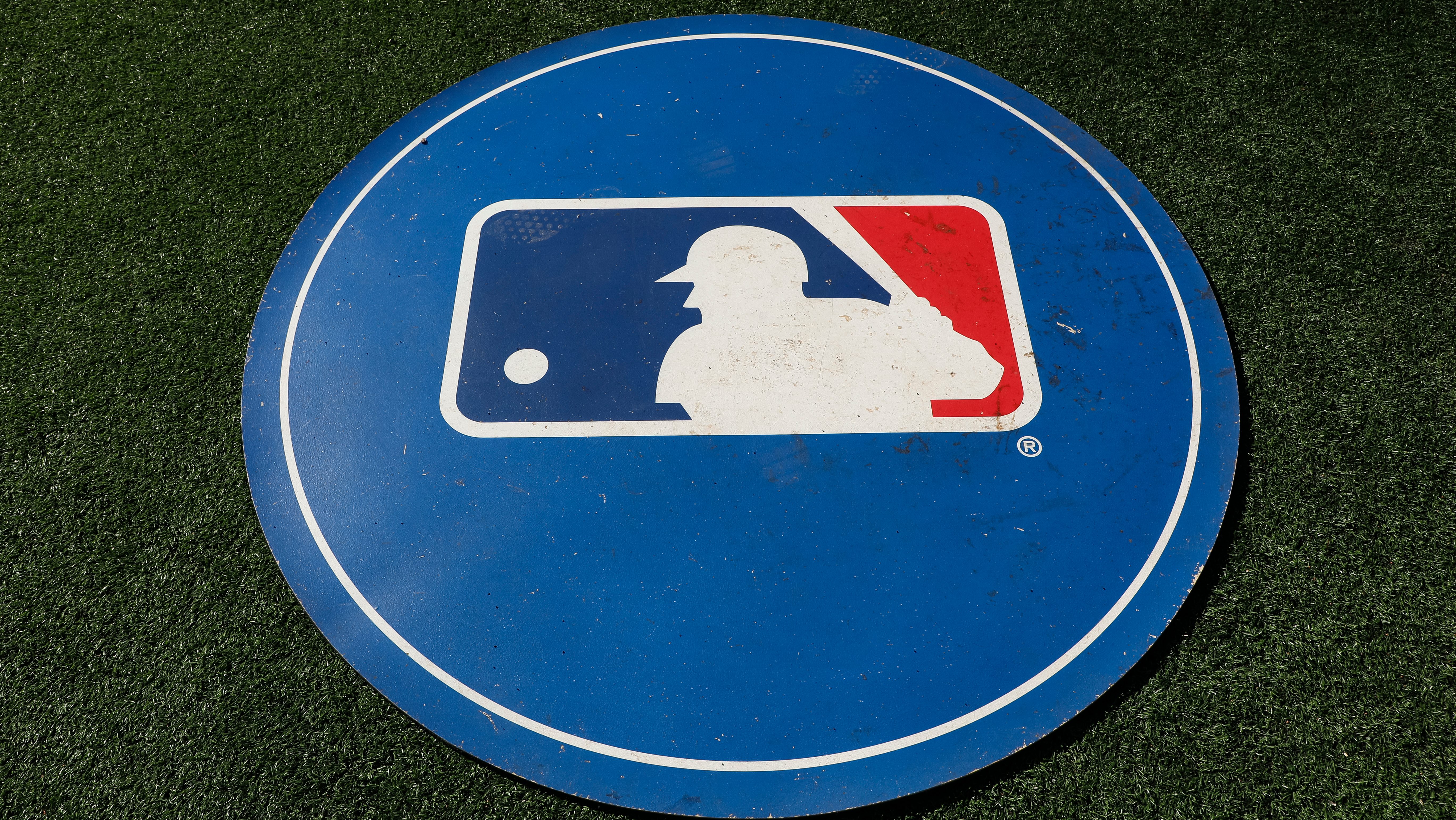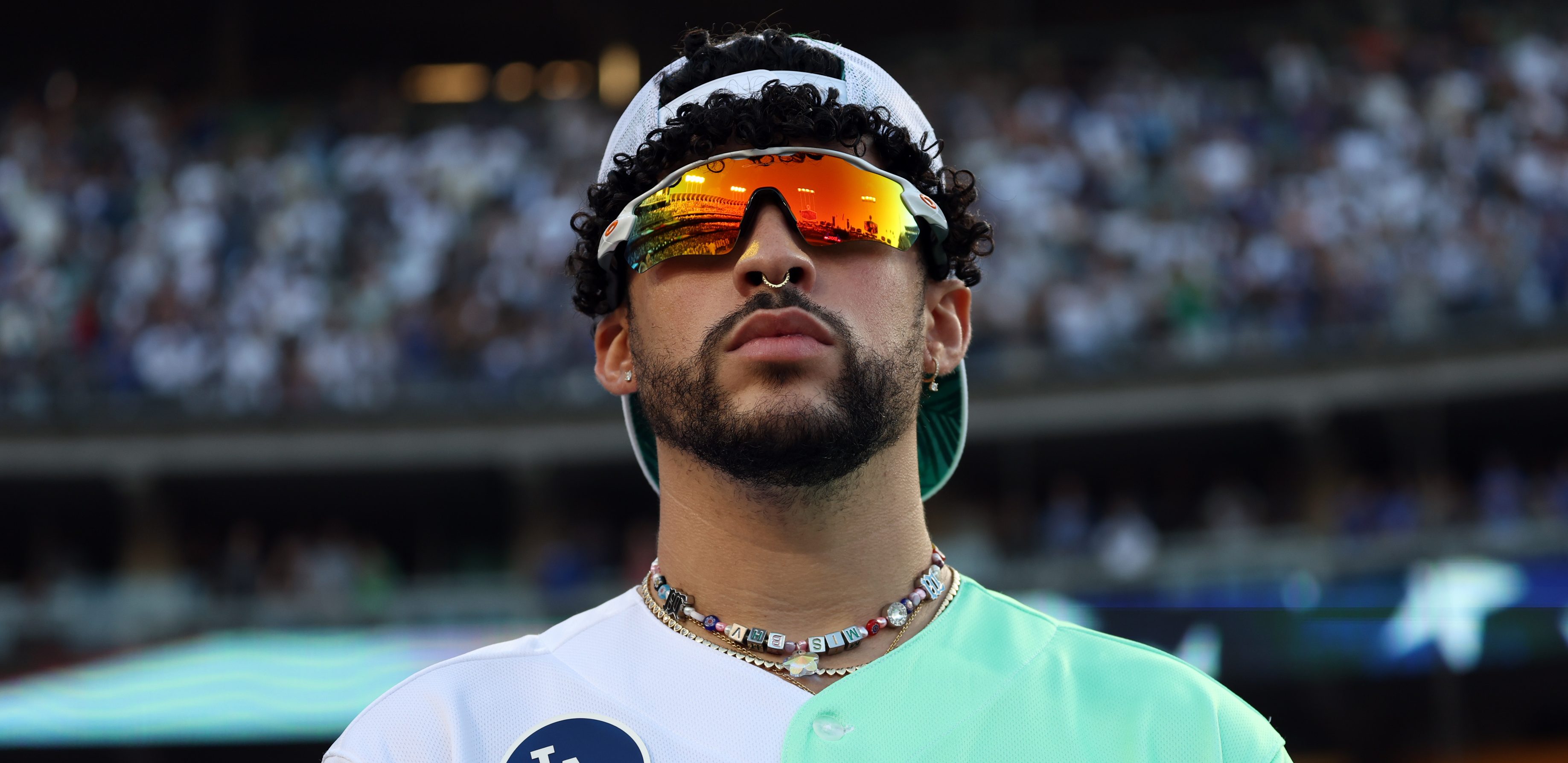Major League Baseball and the players' union can continue going back and forth while trying to figure out how many games to play during a shortened 2020 season.
The coronavirus does not care.
According to NBC Sports Philadelphia's Jim Salisbury, eight people — five players and three staffers — have tested positive for COVID-19 at the Phillies' complex in Clearwater, Florida. That number could grow, according to Salisbury, with "a significant number of team personnel" still waiting for test results. This news illustrates how risky the idea of staging a season of any length is.
Not long after the report, the Phillies confirmed the positive tests, adding that eight staffers had tested negative and 32 people — including 20 major and minor league players — were awaiting test results. The team closed its facility indefinitely.
Baseball is obviously not the only American professional sports league attempting to safely get a season off the ground, and most of the others have already finalized their return-to-play plans. Despite the dragging negotiations between the league and the union, there still seems to be optimism that a shortened season will take place. But after all the financials are sorted out, the biggest questions will remain centered around the ongoing pandemic and its potential to throw a wrench into any plans.
The league has been adamant that the regular season wraps up by the end of September and the postseason is finished by the end of October, fearful of a "second wave" of COVID-19 infections. But across the country right now, in the wake of the relaxing of preventative measures by certain state governments, the number of cases is on the rise. That includes in six states that are home to a combined 13 major league teams, nearly half the league.
Florida and Arizona, among those six states, are home to every team's spring training facility. A second round of spring training is being discussed to begin in approximately a week, though teams could have the option of holding that spring training at their home ballparks.
MLB
Plenty of players continue to voice their concerns about playing during a pandemic and exposing themselves and their families to health risks. While unknown whether it's included in the latest proposals exchanged between the two parties this week, previous proposals have included the ability for concerned players to opt out of a season.
RELATED: Why Rick Renteria refuses to complain about coronavirus' impact on baseball
Major League Baseball, to its credit, has taken the matter seriously and laid out a massive amount of proposed measures to prevent the spread of the virus. Some, such as bans on high fives, Gatorade coolers, mound visits, spitting and on-site showers are significant to players' daily routines, with some players seeing them as excessive.
In other areas, however, there are red flags. The league's testing plan does not include daily testing and, in most cases, would not return test results for 24 hours, setting up the potential for a scenario where a player could be asymptomatic, test positive, play a game, expose two teams' worth of players and staff, get on a plane, travel to another city and arrive at another ballpark before knowing he tested positive.
The league's health-and-safety proposals also failed to follow the contact-tracing guidelines of the Centers for Disease Control and Prevention, which lay out that anyone who comes into contact with someone who tests positive is recommended to self-quarantine. Major League Baseball will not make that recommendation to its players, fearful of a team's season or the season as a whole coming to a halt.
And while strict measures would be taken to limit the movement of members of a team's traveling party while on the road, players would not be subject to those restrictions, rather merely encouraged.
But even pages' worth of preventative measures could come up short. Salisbury noted that the Phillies thoroughly cleaned their facility and had strict health-and-safety precautions in place for the players who were working out there. And still, an outbreak.
It might simply not be possible, given the state of the pandemic in this country, or without incredibly strict measures such as the limits on player movement that were discussed as part of a plan for a quarantined season earlier this year, to play professional sports without a sizable risk to the health of those involved.
Infectious disease expert Dr. Anthony Fauci said earlier this very week that he "would avoid" playing the postseason to the end of October, as usual. In a separate interview, he said "it would be very hard to see how football is able to be played this fall" without daily testing and strict limits on the movement of those involved.
So while the current and ongoing delay to the 2020 baseball season is now only partially the fault of the pandemic, with the fight between the league and the union further delaying a restart that was hoped to begin on July 4, the continued spread of the virus — which has now reached Major League Baseball — could be the reason the season starts only to stop again, or perhaps doesn't start at all.
Click here to download the new MyTeams App by NBC Sports! Receive comprehensive coverage of your teams and stream the White Sox easily on your device.


